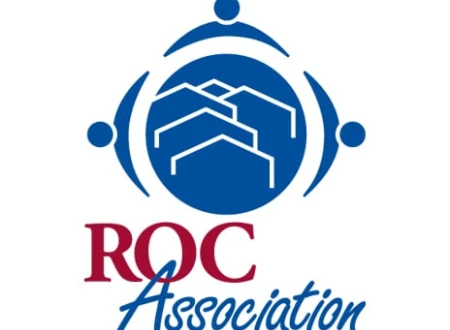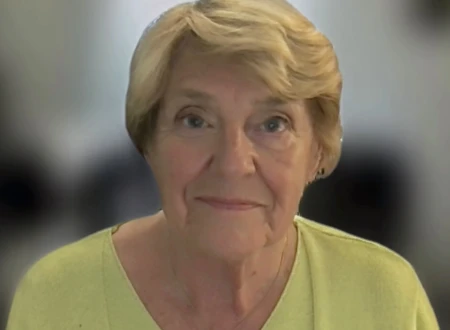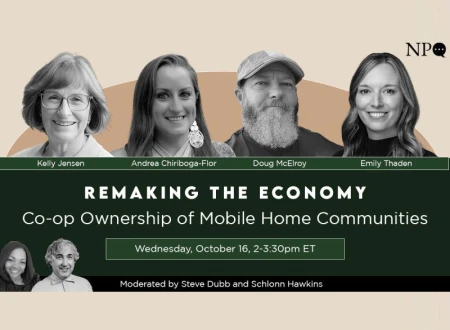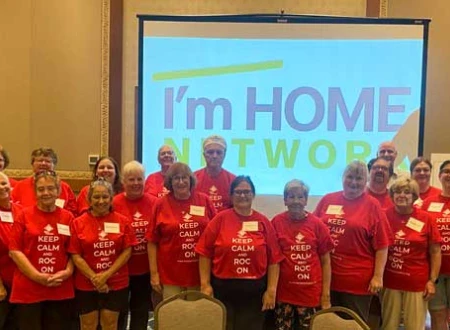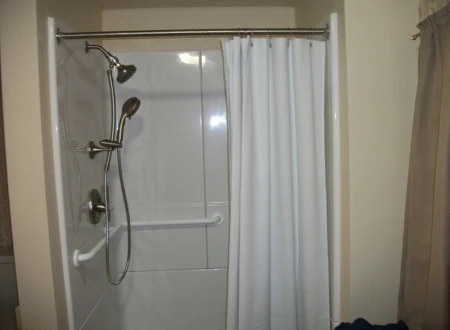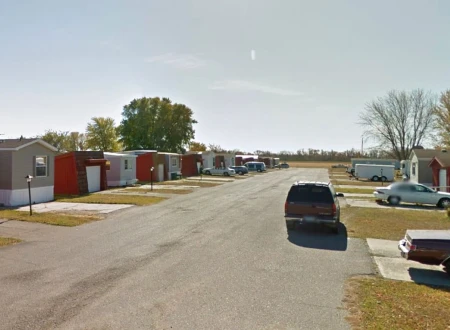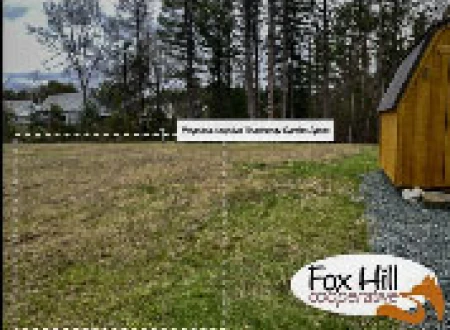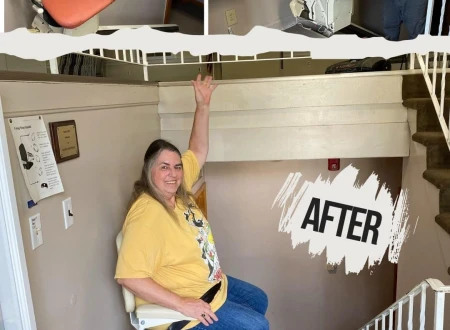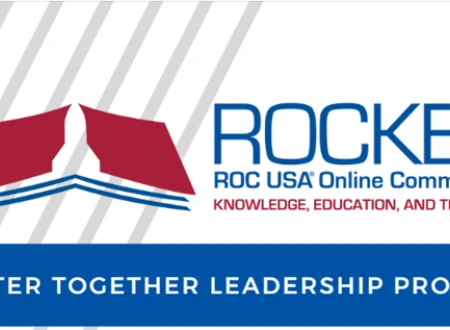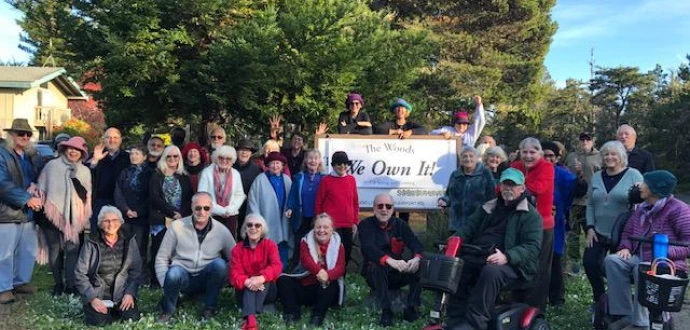
LITTLE RIVER, Calif. – When Susan Holli goes for her morning walk around The Woods Cooperative Association, she has two goals – exercising and energizing other homeowners to get involved.
“I like to get out at least once per day,” said Holli, Board Vice President at The Woods, a 55 and older community of 109 homes in Little River, Calif., that became a ROC in 2021. “And my goal every week is to talk to at least one person who is also out walking and try to build relationships. I ask what brings them joy, and I ask them how they would like to be engaged in the community. It’s planting seeds.”
Holli’s morning walks and conversations with new community Members have paid off. She’s found volunteers to lead newly created task forces, help with the landscaping and she even noticed a taller neighbor and asked him to help hang flyers above the mailbox kiosks where she and another Member couldn’t reach.
“I asked him if he would do it and he said yes,” Holli said. “It made him feel valuable and known and it’s a great help to the community. For me, walking and meeting new people and having these conversations is a way to engage other people who live here and to get them more involved.”
Holli and other volunteers mark their volunteer hours on spreadsheets. She says it’s important for community volunteers to keep track of their volunteer hours because the time investment can often be matched monetarily by grant donations.
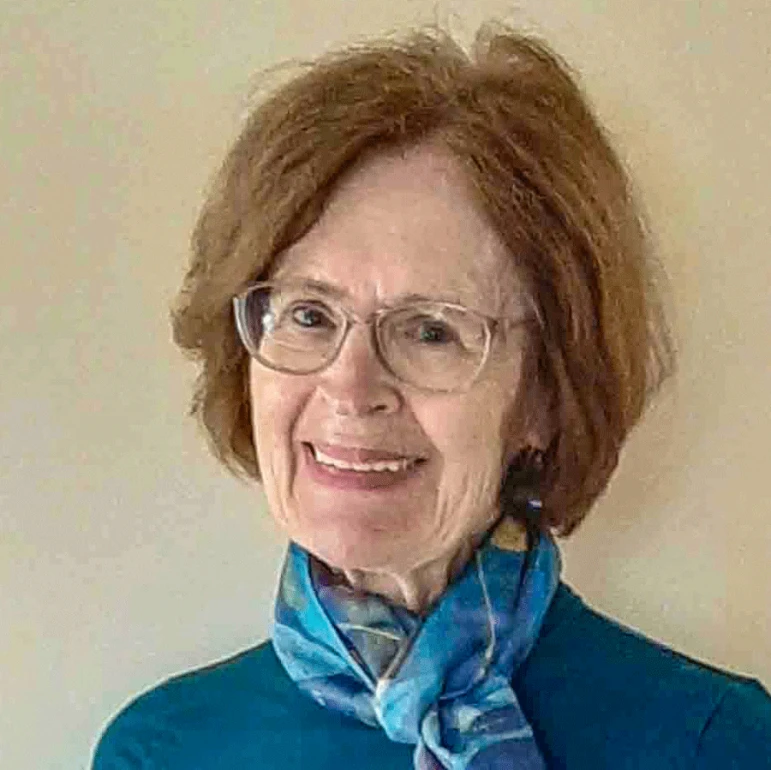
“One of the things I have found with foundations or people who give money is that they want to know you’re going to have an investment in doing it,” said Holli, who has a master’s degree and PhD in nursing and has written many grants during her professional career. “One of the things we have set up here is a form where people can track their hours. It is important.”
Holli said there’s a monetary value placed on people’s time and sometimes that value, depending on what people are volunteering to do, can benefit in other ways. For example, when community Members volunteer their time with emergency disaster preparedness, she said it could help cooperatives receive better insurance rates.
“I think it’s a good idea to track volunteer hours and put a value on the time that people are putting forth the effort in maintaining and improving their communities,” she said. “Tracking volunteer time is not just important for grants and insurance but connecting with different organizations and building credibility with other people in the community.”
Succession is important for communities to continue to run successfully. But Board positions are volunteer just like other positions in the community and because of external responsibilities – like jobs and families – it can be difficult to recruit volunteers. At a February Better Together Call, ROC Leaders discussed ways to increase Member participation and volunteerism in ROCs. They talked about recognizing volunteers with certificates, creating community celebrations and incentivizing Members to become more involved through prize drawings.
Two years ago, NeighborWorks Montana, a ROC USA affiliate that provides technical assistance to 21 ROCs across Montana, decided to help its communities recruit volunteers by offering an incentive. Danielle Maiden, Cooperative Housing Director at NWMT, said ROC leaders across Montana reported needing more volunteers. When NWMT received a Comprehensive Community Development Sustaining grant from NeighborWorks America in 2022, it decided to use a portion of those funds in 2023 to provide an incentive to the ROCs that were interested in participating.
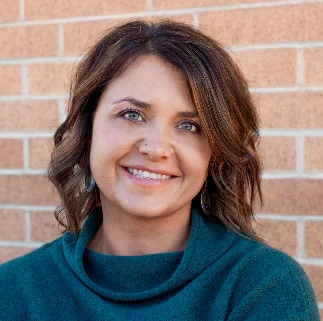
“The biggest struggle for them is to get residents engaged in their community,” Maiden said. “One fun way of encouraging engagement is to have a raffle for a month of lot rent, every time a resident attends a Board and/or Member meeting or volunteers in the community, they receive a ticket that goes into the raffle. At the annual Member meeting the community holds the drawing and whoever’s ticket is drawn receives a free month of lot rent. We have seen this be an encouragement in the past and wanted to be able to help all of the ROCs in Montana have this program in their community. We supplied $500 to each ROC as well as a roll of tickets, raffle box and flyers promoting the program.”
Doug McElroy, former Board President at Pleasant Park Community in Great Falls, Mont., a 48-home community that became a ROC in 2020, said the program increased Member engagement and helped complete boomerang community tasks like removing and replacing trash bags in the common area, lawn mowing and weed-eating empty lots, sweeping the co-op’s entryway, raking leaves and planting and watering flowers.
“Every time they did a task, they would get a ticket, at the end of the year at the annual meeting, we tallied up the number of tickets to put in the drawing,” McElroy said. “We had people who had one or two tickets and people who had 15 to 20 tickets. Was it successful? Well, we had a lot more participation than we did in years past, and we had a great turnout for our annual meeting.”
At Liberty Landing Cooperative in Liberty, Mo., a community of 180 homes that became a ROC in 2021, Board President Kristi Peterman said relationship building has helped her recruit volunteers in their community. She bought T-shirts for the Pool Committee one year that said “Pool Posse” and the Board hosts monthly meetings, either “Coffee with the Board” on a Saturday or “Evening with the Board” on a Friday to hear from homeowners. Peterman said she has also met new people at events throughout the year like their July 4 celebration, Oktoberfest and holiday party and uses the social gatherings as opportunities to recruit more volunteers.
“I have met people and very quickly asked if they were interested in volunteering, and I have picked up two or three people for committees that way,” she said. “I also tend to be direct. Really, really direct.”
She said because Liberty Landing’s lot rent is considerably lower than neighboring manufactured home communities in Liberty, it’s important that everyone in the community volunteers to continue to enjoy the lower rent.
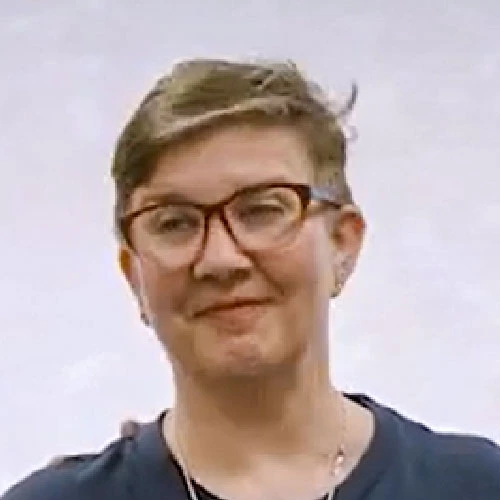
“Our lot rent is only $485 and with budgeting we can keep it that way for the next couple of years,” Peterman said. “There are a couple of privately owned communities in Liberty that have lot rent that are $717 and $692 and there’s one in next town over that’s $798. When we had our annual meeting, I asked people to stand up. I said, ‘If you’re on the infill and marketing committee, stand up. If you helped pass this out, stand up.’ And then I said, ‘See a pattern here? Yeah, here’s the deal, if you guys are getting $485 and not participating, then you are enjoying a $485 lot rent on the backs of other people.’”
Peterman said while being direct works to recruit volunteers, rewarding volunteerism also increases the number of volunteers.
The Board awards a Volunteer of the Year Award at its annual meeting to someone who does not serve on the Board, and she said the same person cannot win the award two years in a row. The award is something tangible that the recipient can have pride in, she said, adding that all it takes to be a great volunteer is a willingness to help.
“The perfect Board dynamic to create a long-lasting legacy is a rotation of older Members and new Members so succession planning is constantly happening. We are always trying to get new people involved,” Peterman said. “Some of the younger folks are interested and that’s good. Before the annual meeting, we let people know that these are the positions that are up for election. If you want to run, this is what you need to do. I tell people I’m not always going to be here. But the cooperative will always be here. We are trying to set up a legacy and systems in place to make it easier for people to come in after us.”

